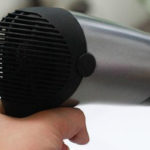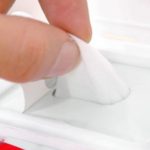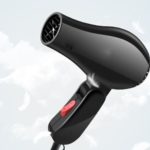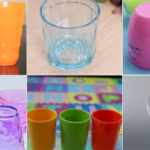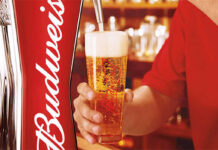It’s not just physical activity that can make you sweat; some of the foods you consume daily can also increase your body’s heat production, leading to excessive perspiration, especially during the hot summer months. Join us as we explore eight foods that may be making you sweat more than usual and how to avoid them!
1 Spicy Food
Spicy foods contain a compound called capsaicin, which can trick your brain into thinking your body temperature is rising. This false signal stimulates sweat glands, resulting in increased perspiration, particularly in the neck, head, and underarm areas.
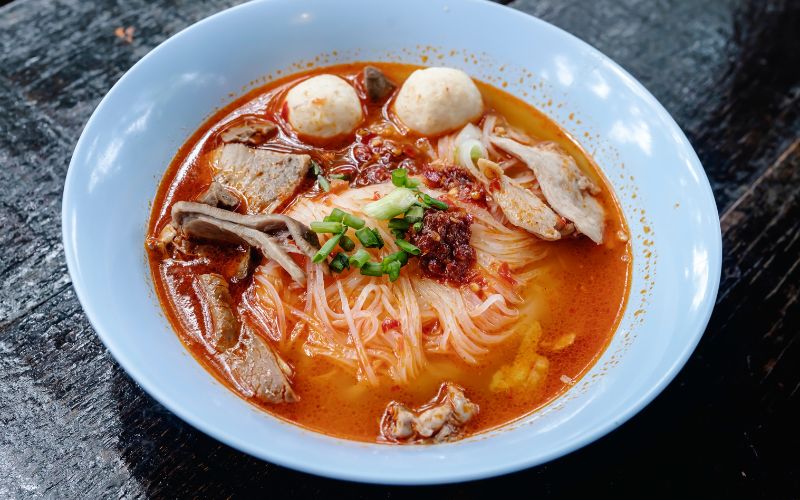 Spicy Food
Spicy Food
2 Alcohol
Alcohol consumption can make people feel flushed and sweaty, which may be a side effect of drinking. This is because alcohol causes several changes and imbalances in the body:
-
It can increase heart rate, dilate blood vessels, and induce sweating.
-
Excessive drinking leads to nausea, drunkenness, and associated sweating.
-
The body has to process the alcohol consumed, and the more you drink, the more it has to metabolize, leading to increased perspiration.
-
Alcohol can affect the brain, alter body temperature, and trigger sweating.
-
When the liver breaks down alcohol, it generates heat, causing internal warmth and sweating.
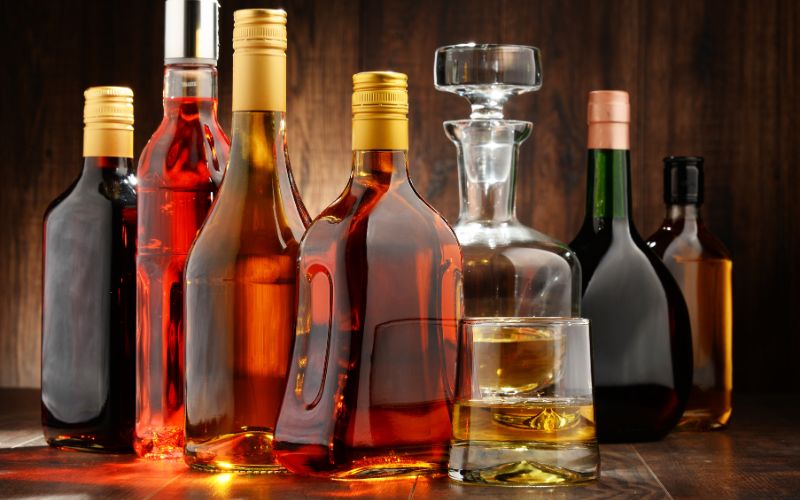 Alcohol
Alcohol
3 Coffee
Coffee contains caffeine, which can make you feel alert and reduce sleepiness. However, excessive coffee consumption can lead to dehydration, elevated blood pressure, and increased sweating. Caffeine stimulates the central nervous system and the sweat glands. Additionally, drinking hot coffee can make you feel warmer and sweat more.
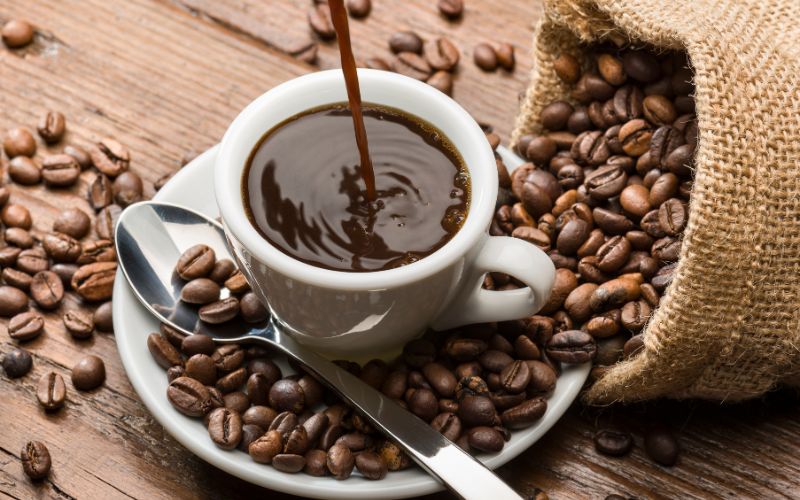 Coffee
Coffee
4 Sweet Treats
While sweets are beloved by many, they should be enjoyed in moderation. Excessive consumption of sugary foods not only harms your health but can also lead to increased perspiration. Eating sweets means taking in more sugar, which affects blood sugar levels and can cause hypoglycemic reactions. This may lead to symptoms such as trembling, increased heart rate, and sweating.
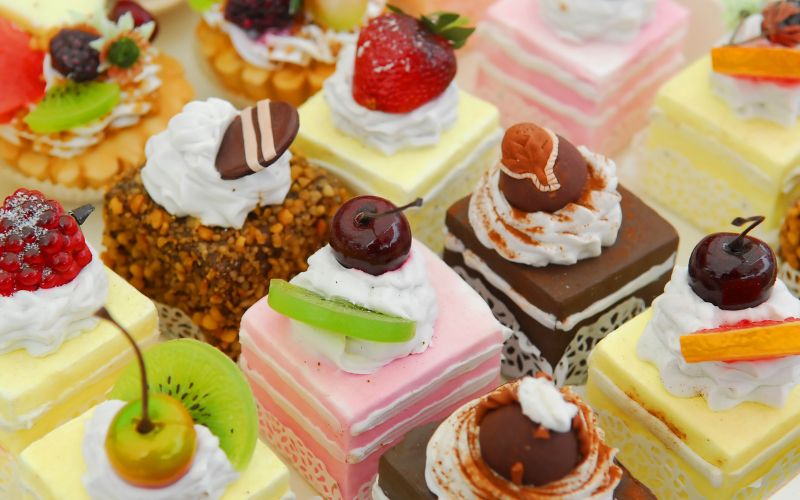 Sweet Treats
Sweet Treats
5 Salty Snacks
Similar to sweets, salty snacks can also make you sweat more. According to experts, this is because salty foods contain high levels of sodium, which increases heart rate and alters blood volume, requiring more energy expenditure and leading to increased perspiration. Another theory suggests that the body has to work harder to eliminate excess sodium, resulting in sweating.
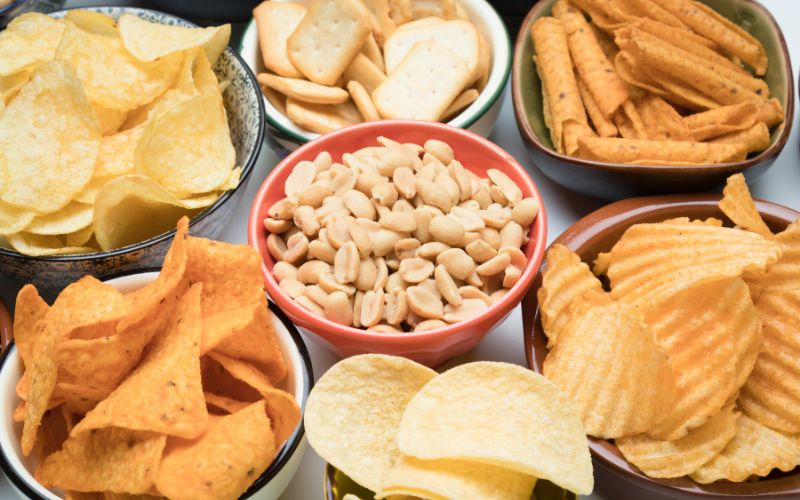 Salty Snacks
Salty Snacks
6 Chocolate
Consuming chocolate can stimulate sweat glands due to the presence of caffeine, which increases sweat responses. Additionally, chocolate contains significant amounts of sugar, which can impact blood sugar levels and lead to increased sweating.
 Chocolate
Chocolate
7 Processed Foods
Processed foods often contain high levels of fat and low levels of fiber, making them difficult to digest. The body has to expend more energy to break down these foods, leading to increased body temperature and sweating.
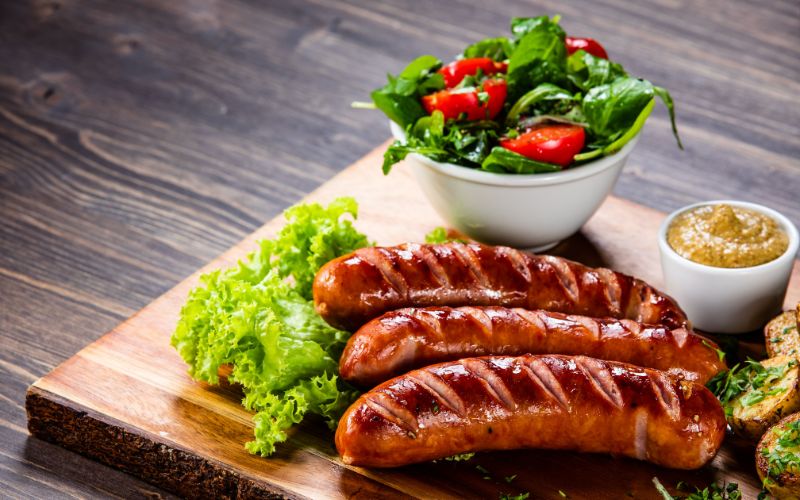 Processed Foods
Processed Foods
8 Meat
Meat is a protein-rich food that requires significant energy to digest, and this process can make you sweat. In some cases, older individuals, those taking antacids, or people who have difficulty digesting meat may experience increased sweating after consuming it.
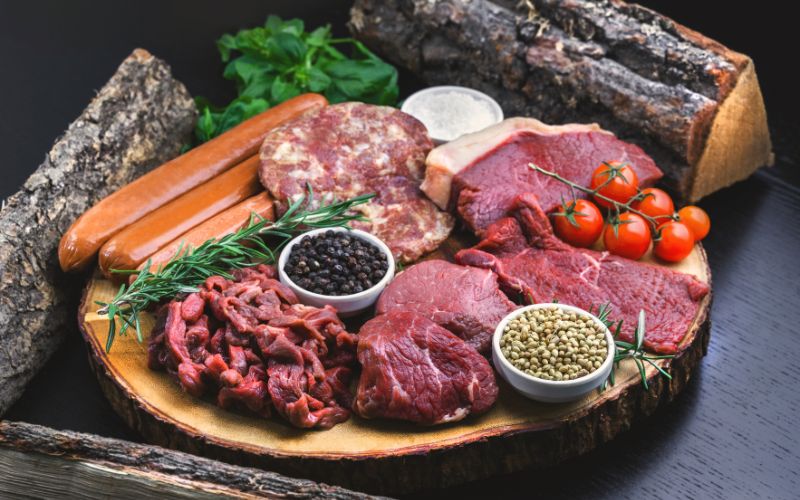 Meat
Meat
Now you know about the eight foods that can make you sweat more. By being mindful of these foods, you can stay comfortable and avoid excessive sweating! Take care of your health and stay cool!
Source: Livestrong
How to Easily Get Rid of Adhesive Stains on Plastic Items
Are you having trouble getting rid of those pesky adhesive marks left behind by plastic? Have you been searching for an easy and efficient way to do so? Well, your search may be over! In this article, we will provide you with three simple and highly effective solutions for removing plastic from adhesive marks.
How to Make Smart Choices When Selecting a Drinking Glass for Better Health
From morning cups of coffee to an afternoon soda, cups are a staple in many people’s lives. But, with the variety of cup materials available—including glass, porcelain, plastic, and paper—it’s important to understand the potential health risks associated with not choosing the correct cup for the job.

























